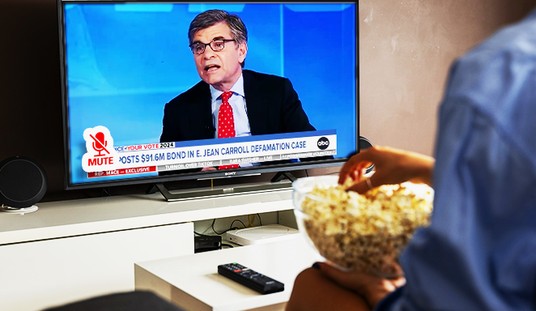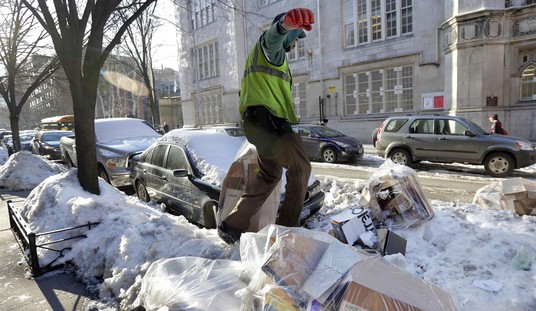A PJM colleague, who can out herself is she so chooses, posted on Facebook about how Call the Midwife is doing well while Downton Abbey‘s ratings are going down and how this was possibly due to the fact that Call the Midwife doesn’t have plots centered on sex.
I’m the last person to write about TV shows. I rarely watch TV (or movies); when I do, it’s usually because I’m exercising and it’s something that’s available for free on Amazon Prime. I know my husband watched the first two seasons of Downton Abbey and enjoyed it, but I figured the historical aspect of it would drive me batty, particularly as I’m right now researching that era with a view to writing a mystery series set then.
My colleague made some comment about how we seemed to be increasing the sex in our entertainment exponentially (or perhaps I just read that into her posting), and we had an exchange over what was causing the more and more sex-driven plotting in all our entertainment from TV to books.
Again, I don’t know anything about the internal process of TV and movie plotting. What I see as similarities to the fiction writing field might be completely spurious, and the result of my projection. I do see the same creep in movies and TV, though, as well as a certain amount of repetitiveness and lack of originality.
To make it clear, I don’t have anything against a sex-driven plot in its place — which is mostly, I would assume, in erotica. (Yes, there can be sex-driven literary works — Romeo and Juliet comes to mind — but usually the whole point is not getting it on. There is a deeper exploration of the human condition.) And I don’t have anything against sex in books. Some books need a sex scene or two to advance the plot.
I do have an objection to sex-drive plots, when that seems to be the only thing the writer finds interesting about his characters. And I’ve been seeing more and more of that in my fiction and — by report — in TV and movies. I noticed this creep myself in sitcoms, back when I watched a lot of them right after 9/11. (I went through about a year; that’s all I was good for.) Compared to the last time I’d watched a lot of sitcoms (mid ’80s), all of a sudden every joke/situation/motive was about sex or implied sex.
So what do I think is driving this creep?
1. Youth.
Putting sexual situations in instead of a plot is a mistake common to beginning writers. (Note I don’t say as part of a plot. I say instead. Shakespeare had sex as part of his plots, but he had plots.) I see this in people I mentor a lot. This is because before you know how to make a plot work, you need something to interest you enough to finish the book (and I presume the screenplay). Beginner writers don’t realize that putting their favorite kink in doesn’t usually make it interesting for everyone or that they forgot to put another plot in, at all.
This is made worse, in books at least, by the fact that over the last ten years publishing went to a push model. What I mean is that the publishing houses decided what was going to sell and, in cooperation with the bookstore chains, arranged distribution accordingly. (Look, if you only have two books per store, you have a much smaller chance to sell than if you have 100 books per store. And your laydown if you had no history was largely determined by what the publishers told the book reps to push.) If you weren’t selected for the fairy godmother treatment, and you got almost no laydown, your career lifespan was usually two or three books. (Unless, like me, you were really stubborn.) This meant that over the last ten years, publishers were continually in search of new writers and also (I have heard/had that talk) looking for them young because “that will bring in young readers” (a piece of folly when you consider that Heinlein wrote his mega-popular juveniles in his forties, but this passes for thought in NYC publishing).
The problem has been exacerbated by us veterans escaping traditional publishing and going indie. I have (except for Baen Books, which has treated me more than decently), as have a lot of my friends. And the contracts the publishing houses I abandoned are offering now would only be taken by young, or at least naive, writers.
So, more sex-only-plotting is a young writer failure.
2. The editors are younger.
Or rather, the editorial assistants, who are most of the people doing the actual reading of manuscripts. As publishing houses consolidated and fired their more expensive editors, the ones who stayed behind were young. This means they don’t have the experience to realize there is no plot behind all the sex.
3. The “hip” and “good college graduate” culture of NYC publishing (and a lot of the media-entertainment complex) seems to think that we still live in the fifties, and that by putting sex in they are “sticking it to the man” and “striking a blow for freedom” (no pun intended).
In fact, like putting swear words in popular songs, putting sex scenes in books has become obligatory in the last twenty years. (I’m fairly sure I wasn’t the only writer ordered to put a sex scene into one of my books.)
4. Writers (like me) who weren’t open about their political orientation in the bad old days when it would have meant sudden death to our careers had to find other ways to make themselves interesting/interested in their novels.
(And trust me, these days no one to the right of Lenin dares even let a political doubt leak into a book.) Sex did that. (Well, unless you were me and a half dozen other people who used increasingly more obscure/elaborate history and world building. But that rarely sold as well, because it didn’t excite the editors.)
This explains how urban fantasy has become an almost merged genre with the sex-soaked paranormal romances; why romances have gone from Georgette Heyer to books that sometimes have almost no scenes out of bed; and why a major publishing house redesigned all their covers to look more like Fifty Shades of Grey (and why Fifty Shades of Grey itself was so relentlessly pushed. (Yes, there are other reasons too.)
I’ve noticed recently that a lot of the books that do very well in indie publishing tend to have less sex and more plot. And I wonder if perhaps the bigger publishing houses will take a hint from that, as well as from the fact that these are often what they’d consider “right of center.” (Not always what I’d consider right of center, but as I’ve explained, that’s very left in NYC publishing.)
Only I suspect they won’t. Instead they’ll look at the flash-in-the-pan and hype success of monster erotica and they’ll start putting those up.
And if I’m right and Hollywood/TV is going the same way for similar reasons, this might be coming soon to a theater near you.












Join the conversation as a VIP Member